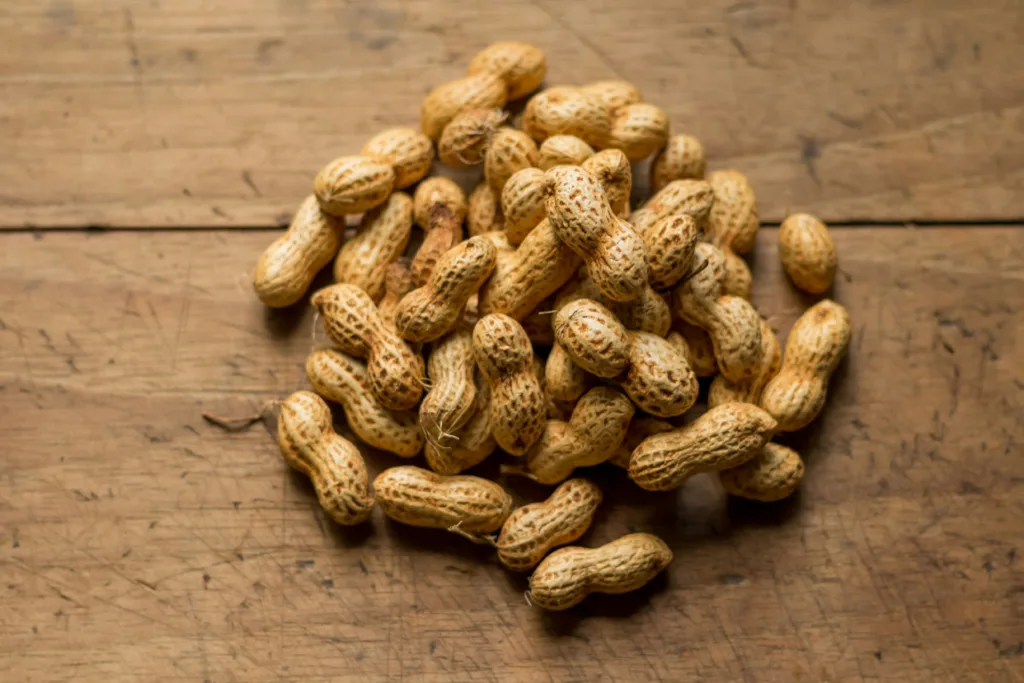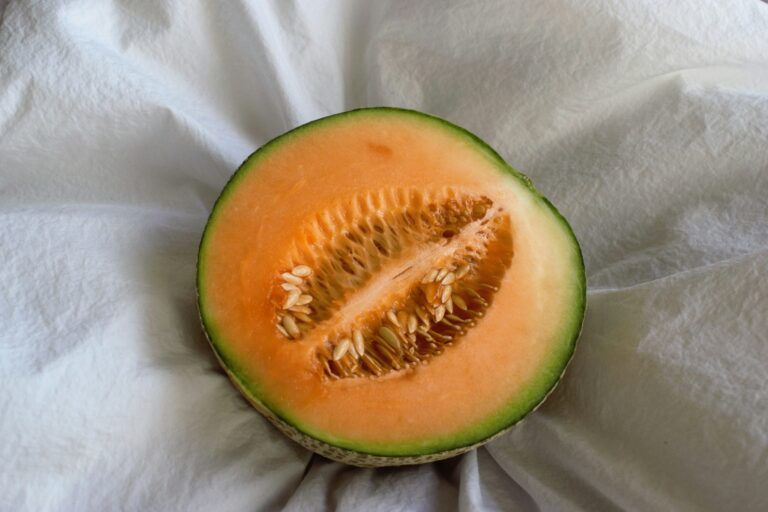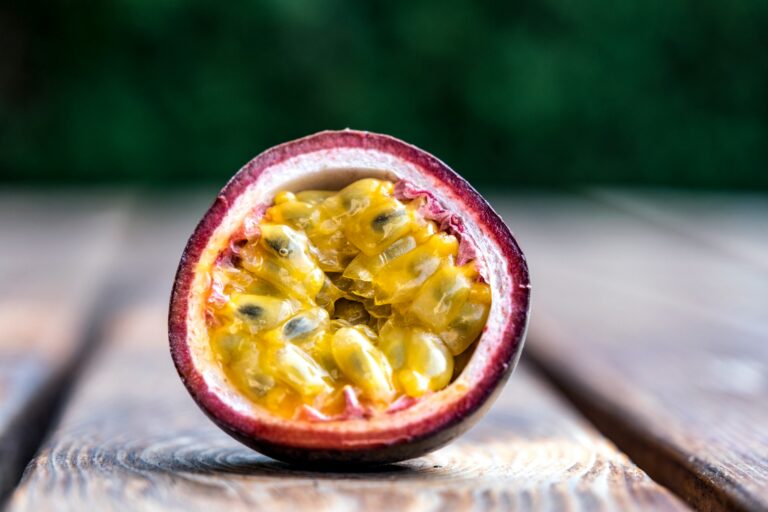The scientific name of peanuts is Arachis hypogaea. These are also called monkey nuts, earth nuts, ground peas, and ground nuts. Peanuts belong to the best Fabaceae which is the botanical family usually known as bean, pea, and legume family. Peanut is native to tropical South America. People of South America made pottery in the shape of peanuts or decorated jars. Peanuts are typically originated in Brazil or Peru. Peanuts are grown in tropical and subtropical regions throughout the world. Peanuts are grown in seven regions of China.
Color: Peanut skin color ranges from light brown to deep red. Peanuts have five different seed coat colors; white, red, tan, pink, and purple.
Shape: Leaves are made of four smaller leaflets which are oval shaped. This spheroidal shape in mature seeds was present in 8 cultivars.
Size: The pods are 3 to 7 cm long technically known as legumes. Peanuts are small and come in a wrinkled shell. A shell usually contains two peanuts.
Flavor: the flavor of peanuts depends on the processes that are passed. Different type of peanuts tastes different. Virginia peanuts are the largest of all peanuts and have a distinct crunch. Peanuts are so flavorful.
Nutrients
Peanuts are beneficial and important for the human body as they are fully packed with nutrients. These peanuts are rich in minerals but their most important source is magnesium.
One cup serving of peanuts contains the following nutrients.
- Calories 828
- Total fat 72 g
- Cholesterol 0 mg
- Fiber 8.5 g
- Potassium 1.02 mg
- Sodium 26.3 grams
- Total Carbohydrate 24 grams
- Protein 38 grams
- Calcium 13 %
- Magnesium 61 %
| How to grow peanuts? |
Healthy Benefits of Peanuts
Peanuts are incredibly beneficial and easy to enjoy in different recipes. Peanuts help you manage your heart health.
Improve heart health
Heart disease is one of the leading causes of death worldwide. Peanuts help prevent heart diseases by lowering cholesterol levels. They can also stop small blood clot formation and reduce the risk of heart stroke or attack.
Helps weight loss
Food with a lot of protein can help you feel full with fewer calories. And after nuts, peanuts are second only to almonds when it comes to protein count. People who include an intermediate amount of peanuts in their diet will not gain weight from peanuts. Peanuts could help them to lose weight.
Reduce inflammation
Peanuts are a good source of fibers, which help reduce inflammation throughout the body as well as aid your digestive system.
Lower diabetes risk
Peanuts are a low-glycemic food, which means that eating peanuts will not cause your blood sugar level high. Recent studies show that eating peanuts can lower the risk of type 2 diabetes in ladies or women.
Cancer prevention
Eating peanut butter may help lower the risk of developing a certain type of stomach cancer called gastric non-cardia adenocarcinoma.
Makes your brain sharper
For a healthy and sharper mind, you need some nutrients like vitamin B1, niacin, and folate. By taking these nutrients your brain becomes more active and sharp. Peanuts are loaded with resveratrol, a bioactive ingredient that improves cognitive ability and verbal fluency.
Strong bones
Peanuts are rich in magnesium and phosphorus. These nutrients and other vitamins present in peanuts will help your bones strengthen.
Healthy Skin
Peanuts contain Vitamin C and A to protect against UV rays of the Sun and any subsequent damage. Vitamin C also gives the skin electricity to make it brighter and younger.
Prevent gallstones
This disease is caused by uncontrolled cholesterol levels. However, recent studies show that peanuts can control cholesterol, and the risk of gallstones can be reduced by consuming them regularly.
Side effects of Peanuts
Peanuts are beneficial for the human body but taking them in excess amounts may cause serious problems in the human body as overdose is not beneficial. Some of the serious side effects are given below:
- Allergy
- Increased itching of the skin
- Swelling of face, throat, skin and lips
- Diarrhea
- Vomiting
- Asthma
FAQ
What are the benefits of peanuts?
The human body benefits greatly from peanuts because of their high nutritious content. Protein, vitamins, minerals, and antioxidants are all found in peanuts. They might also help prevent heart disease and promote satiety, among other health advantages.
Are peanuts fat or protein?
Peanuts are high in unsaturated fat, mostly monounsaturated fat. They therefore have a lot of calories. However, they also include a variety of vitamins and minerals, fiber, and protein.
Is it OK to eat peanuts daily?
Yes, it is safe to eat peanuts daily but remember moderation is key. Eating peanuts every day can have a lot of positive health effects.






